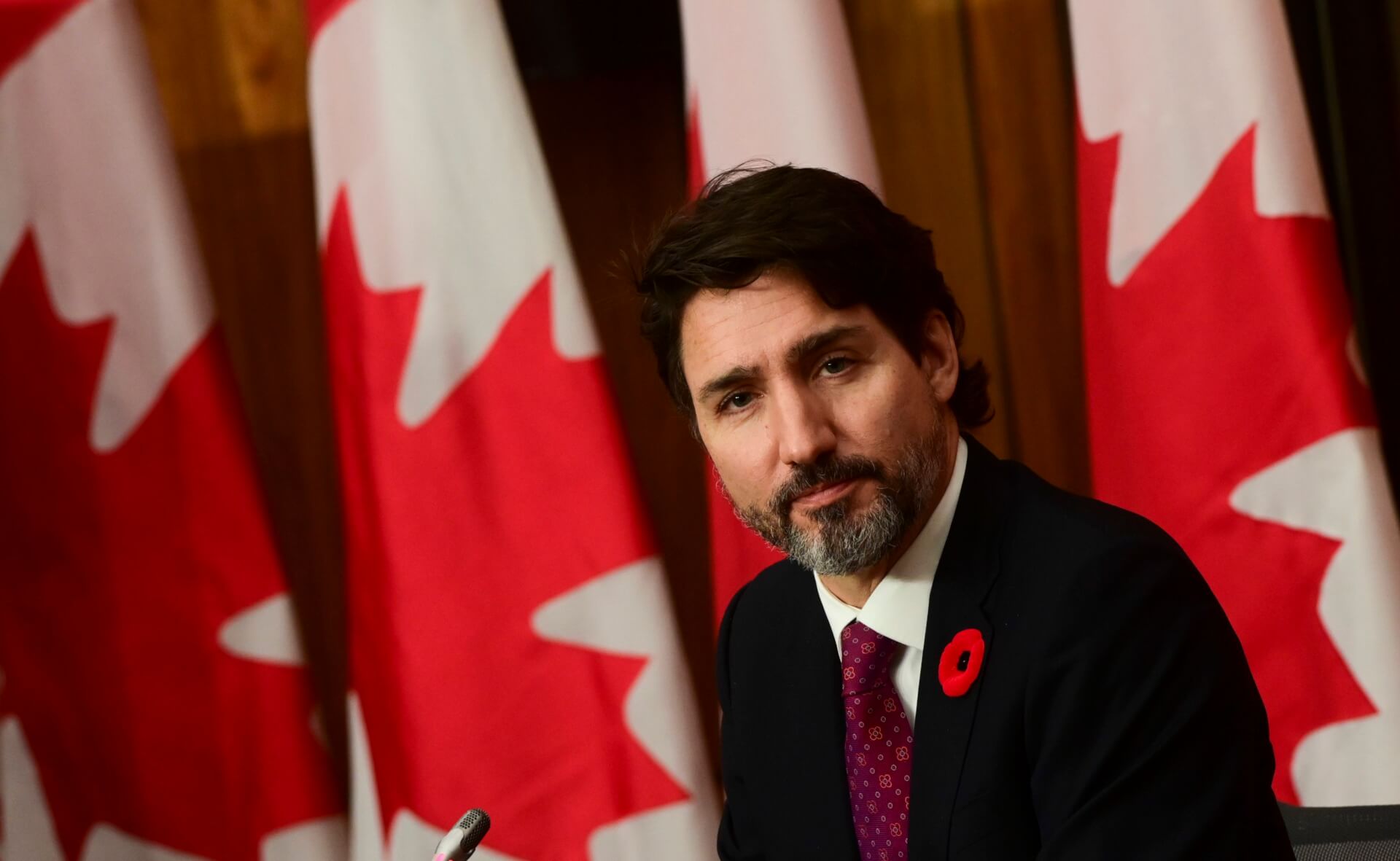Canada’s House of Commons on Monday voted 266-0 to declare that China “is committing genocide” against the one million-plus Uighurs detained in the country’s north-western region of Xinjiang. However, Prime Minister Justin Trudeau and his Cabinet abstained from the vote.
Lawmakers approved the non-binding motion along with an amendment that calls on the International Olympic Committee to move the 2022 Winter games from Beijing if the “horrifying” treatment of the Muslim minority continues. “There’s real suffering going on in China. There’s a genocide happening and Canadians, while we’re free traders and I’m very proud to be a free-market party, our values are not for sale,” Conservative Party leader Erin O’Toole said after the vote, adding that Prime Minister Trudeau had failed to send such a message through his abstention. Last month, the country, along with the United Kingdom (UK) announced new regulations to ban imports of goods from Xinjiang suspected to be a product of forced labour.
Foreign Affairs Minister Marc Garneau also chose not to vote but said later in a statement that an impartial and independent investigation was needed to address this “critical” issue. “We remain deeply disturbed by horrific reports of human rights violations in Xinjiang, including the use of arbitrary detention, political re-education, forced labour, torture, and forced sterilisation,” he added. This was in line with Trudeau’s comments last week, who said (of his hesitation to use the term “genocide”) that in order to apply the term, “we simply need to ensure that all the i’s are dotted, and t’s are crossed before a determination like that is made.”
Trudeau has been facing increasing domestic pressure to toughen his approach towards Beijing. Ties between the two nations are already at their lowest point in decades, worsened by the 2018 arrest of Huawei chief financial officer Meng Wanzhou in Vancouver on a US extradition warrant. China has also imprisoned two Canadian citizens since then on charges of espionage, though their arrest has widely been perceived as retribution, with Canada accusing the country of engaging in “hostage diplomacy”. Bilateral ties have been tense over the past three years, with the countries engaging in trade spats, and employing harsh rhetoric against each other’s policy approaches.
Chinese Foreign Ministry spokesman Wang Wenbin responded to Canada’s motion on Tuesday, calling it an act that disregards facts and common sense. Wang stressed that all Xinjiang-related issues were focused on countering violent terrorism and de-radicalisation—all under the auspices of the UN’s Global Counter-Terrorism Strategy—and emphasized that due to the country’s efforts, locals were now living a “safe and happy life” in the region. This was in line with Foreign Minister Wang Yi’s remarks at the UN on Monday, wherein he invited the international body to visit the region to “learn the facts and truth on the ground.” Wang Wenbin further accused Canada of “spreading false information and lies on Xinjiang-related issues for the purpose of political manipulation under the cover of human rights,” and condemned the nation for its flagrant interference in its domestic affairs. “We condemn and reject that,” he told a briefing, adding, “We have lodged stern representations with the Canadian side.”
Canada Labels China’s Treatment of Uighurs Genocide, Trudeau’s Cabinet Abstains From Vote
Lawmakers approved the non-binding motion along with an amendment that calls for the relocation of the 2022 Winter Olympics from Beijing if the “horrifying” treatment of the Muslim minority continues.
February 24, 2021

SOURCE: THE GLOBE AND MAIL
